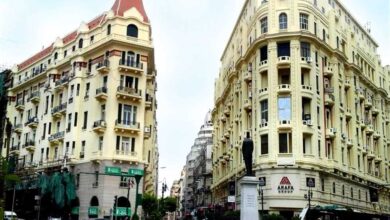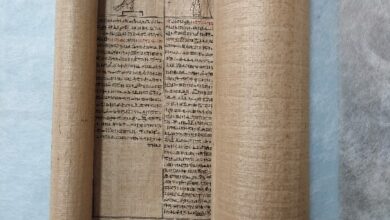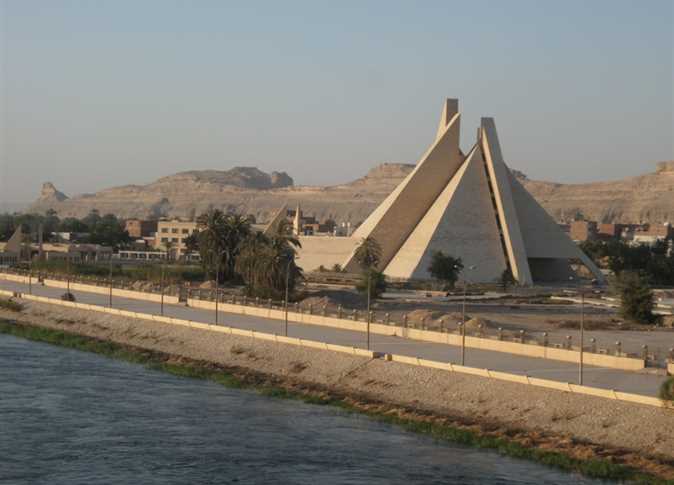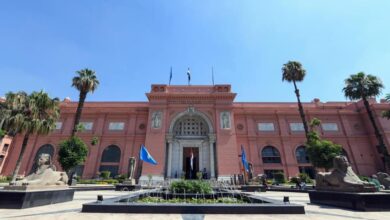Calls for a million-strong protest on 8 July were being made since the beginning of June. Those behind the initial appeal, mostly liberal and secular groups, aimed to demand a new constitution before parliamentary elections. But they had difficulty rallying support for their cause due to the lack of consensus over the mechanism for drafting a new constitution in the absence of an elected parliament. Moreover, Islamists issued a counter-call for another protest to demand elections first, as originally planned.
To overcome this rift, the majority of political powers and youth movements in Egypt called for a rally on 8 July under an alternative slogan, "The Revolution First". They presented a list of demands for political reform, social justice, speedier trials of former regime officials, and an overhaul of the Interior Ministry. Still, calls for this inclusive rally were not made early enough and its success was questionable.
Then came the violent clashes in Tahrir Square that erupted on 28 June between Central Security Forces and the families of the martyrs of the revolution. The stand-off prompted thousands of people to pour into the square in a spontaneous show of solidarity with the families.
The presence of riot police once again in Tahrir was a reminder of the intense street battles fought from 25-28 January before Mubarak’s ouster. It reunited revolutionary forces in the face of the Interior Ministry, the symbol of a regime that has not yet collapsed. The confrontation helped mend political rifts and brought people together in a manner reminiscent of the unity that prevailed from the start of the revolution until the constitutional referendum in March. Once again, it was the “people” against the ”regime”.
But unlike the 18 days of the revolution, this time protesters in major urban squares across Egypt found themselves in a growing confrontation with the Supreme Council of the Armed Forces (SCAF). To many people, the revolution’s often heard slogan "The Army and the People are One Hand" started to sound a bit absurd. Instead the slogan "Down with Military Rule", once chanted by a handful of radicals, began to spread. It was most widely heard on 12 July, after a televised statement by SCAF member Mohsen el-Fangary, when thousands moved onto the Egyptian Cabinet building in Cairo to denounce the general’s threatening tone and body language.
As it turns out, this new slogan seems to reflect an acknowledgment of the SCAF’s power, rather than a genuine effort to end military rule. Voices from Tahrir continued to demand that the SCAF give more powers to the caretaker government to enable it to fulfill its tasks — a demand that refuses to accept the fact that the cabinet’s powers are defined by the constitutional declaration adopted by SCAF four months ago, and which grants the military council the powers of the president.
Revolutionary powers currently stand opposed to the SCAF, Egypt’s real rulers right now. But in the square, they are no more than a few thousand protesters, struggling to formulate a coherent list of demands. Even those demands that are clear, like the overhaul of the Interior Ministry, don’t have tangible benchmarks. What constitutes an overhaul? When can we say that the ministry has been sufficiently restructured?
On the other hand, the army has withdrawn from Tahrir and there are no signs it will return soon. For it’s part, to break up the sit-in would carry the risk of appearing before the public as suppressing political expression, a risk the army does not want to take. And sending in riot police will only rile up public anger and provoke more people to flock into the square.
So we’re stuck in a zero-sum game where neither the SCAF is able to disperse the sit-in, nor are the protesters able to achieve all their demands. The complete lack of confidence between the two sides stiffens the deadlock even more.
What we’re witnessing is not a decisive moment, but rather a phase where each side is defining its positions and holding its ground. The current sit-in in Tahrir portends a tense relationship between the revolutionaries and the SCAF in the coming period, one that will be marked by conflict and mutual suspicion.
Mohamed Naeem is a member of the editorial board of el-Bosla magazine.




